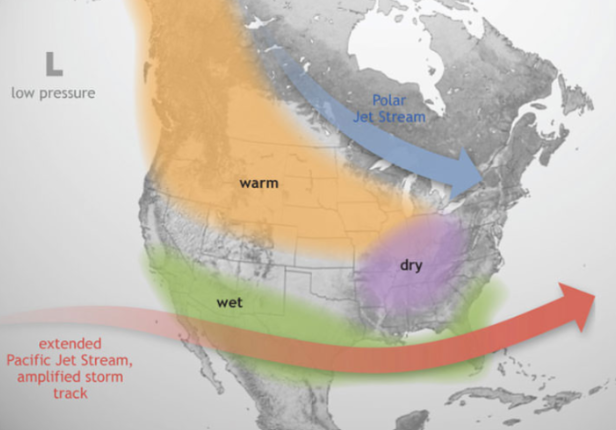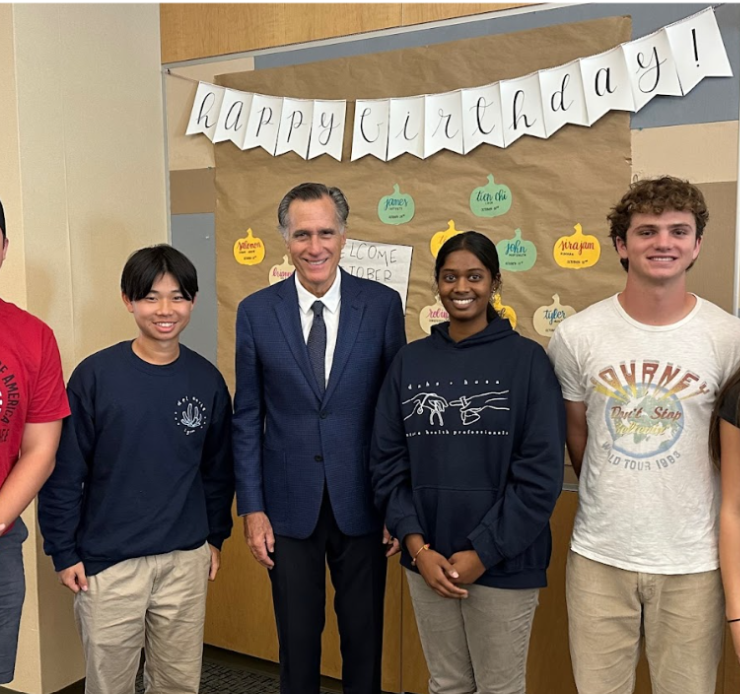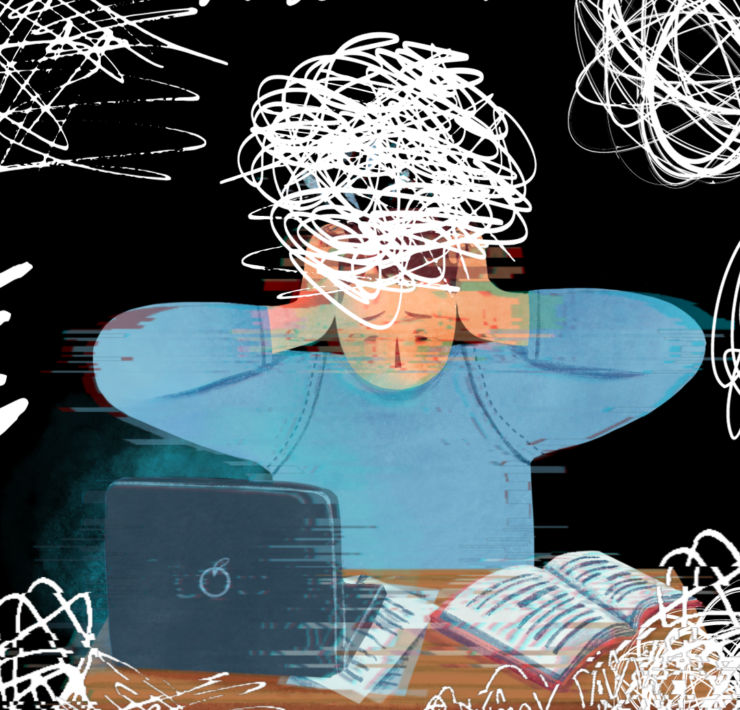How Teenagers’ Wellbeing is Threatened During COVID-19
The social and emotional tumult resulting from COVID-19 and other subsequent adjustments has spurred mental health troubles in students.
The virus poses unique challenges to each age group, but students in particular have experienced monumental changes during extended virtual-learning
Local pediatrician Dr. Patricia Cantrell affirms that in this COVID-19 world, the biggest threat to teen wellbeing is not a physical one, but a mental one.
Dr. Cantrell has been a San Diego pediatrician for over 20 years and runs a diverse practice that provides complete physical and mental care for the youth. In the past, Cantrell recognized the physical threats to teen wellbeing, citing “accidents and risky behavior” as “the main concern.”
Since the onset of coronavirus, Cantrell sees “a lot more concerns and worries in teenagers.”
“[They] just don’t seem to be as happy,” she said. “It’s not always depression. It’s sometimes anxiety, and more generally, the worry of ‘Am I doing the right thing?’” Cantrell said this threat has much bigger impacts on teen wellbeing than the illness itself.
This threat is present among Del Norte students. The stressors and closures of COVID-19 led Isabella Sarralde (‘21) to reflect that “every day feels kind of redundant.”
“Disappointment has kind of become the way of life this past year,” she said. She added that she feels her “lack of interaction is incredibly demotivating and makes mundane tasks that much more tedious.”
Risa Iwazaki (‘22) said she notices that academic and social adjustments due to COVID-19 have impacted her community involvement.
“During a normal year, we would be playing sports, taking on internships, and volunteering around our community,” Iwazaki said.
Cantrell’s daily interactions with young people lead her to conclude that about 10% of kids and teens like the way things are, but about 90% wish things could go back to the way they were.
With these estimates in mind, Cantrell said she just “wants kids to enjoy life a little bit more, as a whole.”
For many, this return to the way things were likely involves a return to in-person learning. Dr. Cantrell affirms that this can be done safely and is key in alleviating existing teen mental health issues and preventing the development of new ones.
Through conversations with leading pediatricians and public health officials in the San Diego area, Cantrell concluded that “we could have handled things in a much better way.” She said she feels that as a whole, what students are going through has been discounted.
“If we look back in about 4 or 5 years from now, and we look at how we handled this, I don’t think that we put teenagers first.” she said. “I think we put fears first. The fear at the potential of an adult teacher getting sick greatly outweighed any worry that the people in charge had for teen mental health.”
Until students can return, Cantrell said she believes there are actionable steps that students can take to help lessen their risk of developing mental health issues and alleviate existing issues. She encourages teens to maintain a consistent routine and a reasonable sleep schedule.
“It doesn’t have to be perfect, but just try to wake up, plan your day, set out time to study, set out time for physical exercise,” Cantrell said.
She also emphasizes the mental health boost that young people get when they pursue something they are passionate about, or even just get active and outdoors.
“Getting outside is wonderful as kids are becoming very sedentary,” Cantrell said. She believes that local high schools can assist students in getting active and recognize the voices of students and parents who call for a return by letting clubs get back to school.
“They can wear masks and be six feet apart,” Cantrell said. “It can be done.”
Cantrell said she finds that kids who are able to interact in some way, be it on a soccer team playing safely or in a safe bubble with extended family, seem to do better than the children of parents who are making them stay in the house all the time.
Sarralde said she agrees with resuming normal sports activities.
“The only thing I’ve kind of been hoping for has been sports, since running is something convenient that doesn’t really require a team and is pretty safe,” she said. “It’s honestly one of the only things keeping me motivated right now. Training has kept me busy and honestly has been the main factor in helping me get through this time.”
While continually changing local and federal guidelines make any reopening progress uncertain, Cantrell said that the first step schools need to do is to make a plan now.
Ultimately, she said she hopes to bring greater awareness to her and the committee’s perspectives and experiences as medical experts to reveal the academic concerns and mental health struggles of students.
Amanda is a former staff writer for The Talon. She joined the Talon to help bring her community's stories to light. When she's not busy with school or sports, she loves hanging at the beach with friends & trying new restaurants.
Allison is a former photographer for The Talon. She is an editor for the yearbook and is passionate about digital media.







